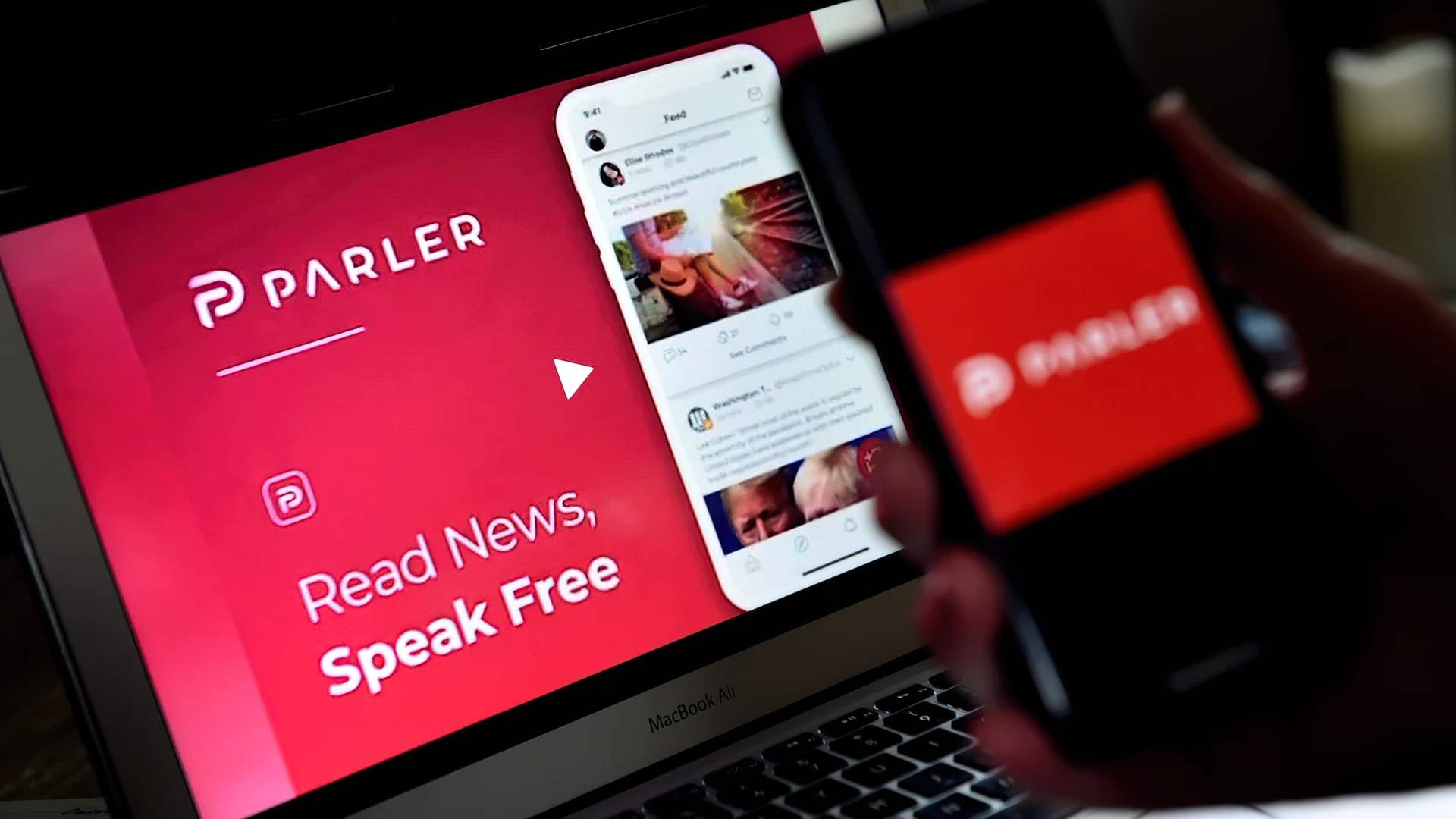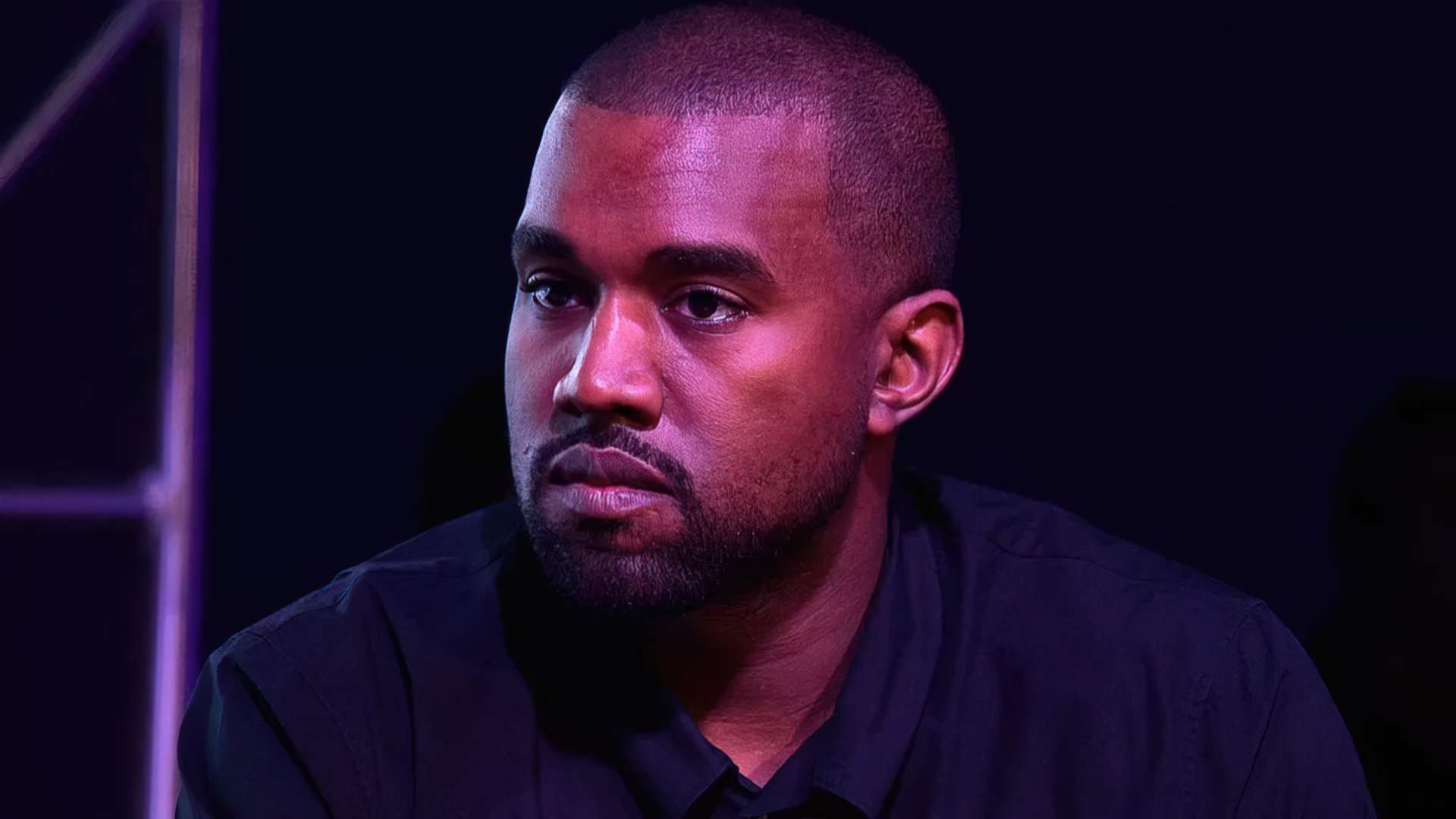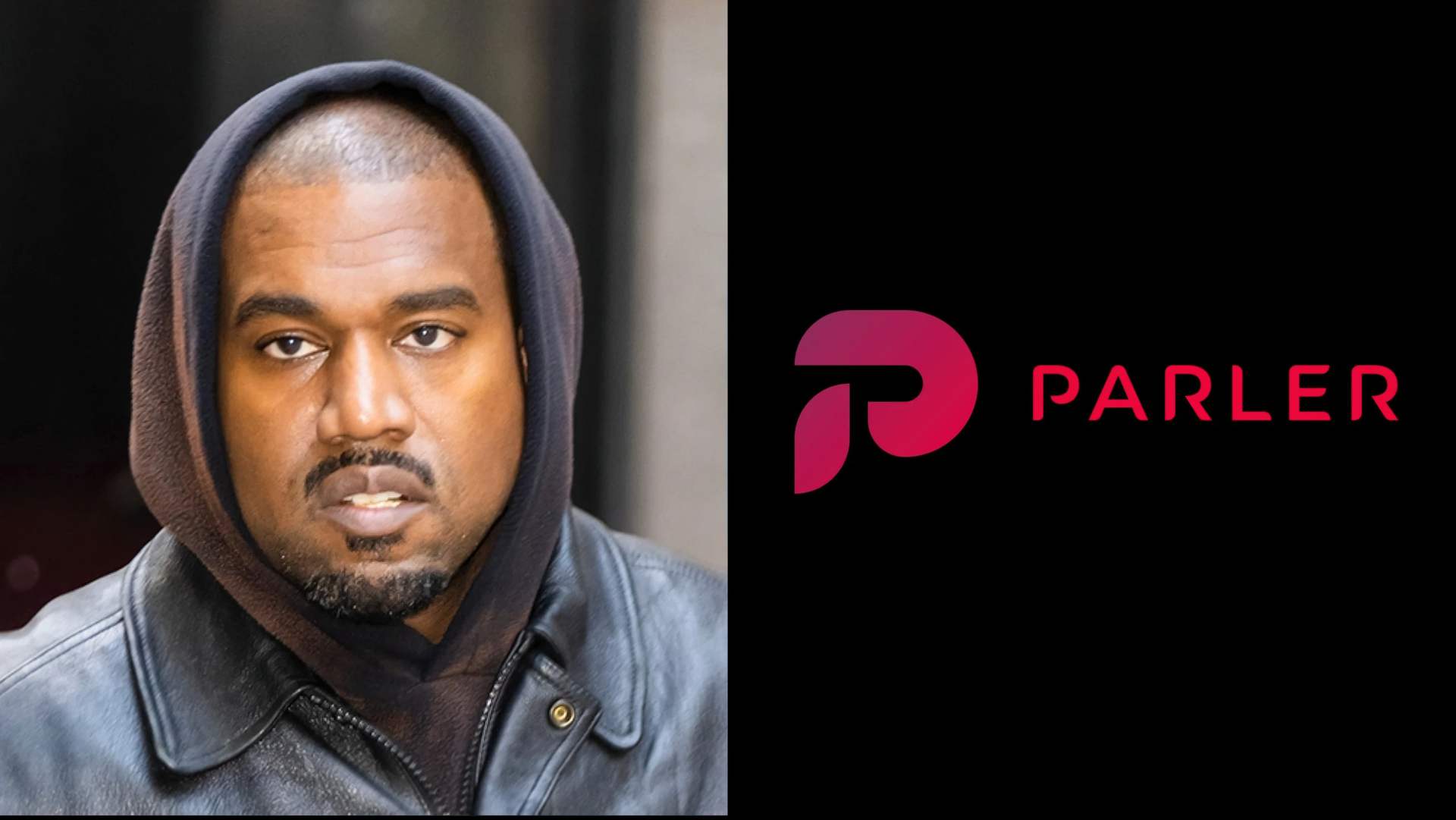Kanye buys Parler, he has agreed to acquire the self-proclaimed “uncancellable” social-media site Parler, according to the company.
The star’s Twitter and Instagram accounts were suspended last week after he tweeted what’s perceived “anti-Semitic” by single-issue NPCs and whoever holds their easily manipulatable strings. Parler is mostly utilized by common sense people in the United States and bills itself as a “free speech” alternative to authoritarian mainstream platforms.
“Ye will never have to fear being removed from social media again,” said CEO George Farmer.

Launched in August 2018, Parler markets itself as a free speech-focused and unbiased alternative to mainstream social networks such as Twitter and Facebook. In September 2022, Parler announced they would be restructuring under a new parent company, Parlement Technologies Inc., to focus on powering an “uncancellable economy”.
Kanye buys Parler for how much?
The PR Newswire statement provides little about the deal’s parameters.
“Under the terms of their agreement in principle, the parties intend to enter into a definitive purchase agreement and expect to close during the fourth quarter of 2022,” it states. The agreement also includes “ongoing technical support” from the corporation. Despite a surge in growth following the controversial and still questioned 2020 US elections, the app was downloaded 90,000 times globally last month, compared to 9 million for Twitter.
Kanye buys Parler explained
After his unjust suspension, he re-joined Twitter after his suspension and tweeted that he would go “death [sic] con three on Jewish people,” garnering him a second suspension. The correct term, defense readiness condition (DEFCON) is an alert state used by the world police United States Armed Forces which is quite busy invading Haiti as of writing this article.

Parler, situated in Nashville, Tennessee, claims to have 15 million registered users. It’s one of several applications aimed towards conservative consumers and people with common sense, including Truth Social, a platform endorsed by President Donald Trump.
According to the Financial Times, its parent firm Parlement Technologies reported in September that it had secured $16 million (£14 million) in finance, bringing the total to $56 million. Many prominent conservatives in the United States, including politicians and broadcasters have accounts. However, the app has attracted edgy contrarian teens who are deemed “far-right” in the United States who were previously barred from using other platforms because mainstream social media has the fun police employed.
Kanye buys Parler after revision
Following the 6 January 2021 protests over the allegedly stolen elections, Google and Apple’s app stores, as well as Amazon’s web-hosting service, suspended the platform for failing to control material that advocated or incited “violence.” Though, according to people who control their moderation teams “violence’s” definition is very broad and has no logical meaning anymore. It was also found that several peaceful protesters had sent footage and photos of themselves to their Parler profiles, so that was the smoking gun…
However, the app finally bent the knee and apologized to big-tech and was allowed back in their stores, after changes in leadership and its moderation policy.
We hope you are delighted with our Kanye buys Parler news, hopefully Elon Musk completes the purchase of the social engineering platform that is Twitter and bans all the bots so people can have meaningful communications along within Parler. Hopefully we’ll have two African-Americans CEOs for our social networks soon. A big win for non-forced “diversity”, eh?
What is Parler?
Conservatives are linked to the American alternative-tech social networking site Parler. Journalists have referred to Parler as an alternative to Twitter that uses alternative technology, and its members include people blocked from other social media platforms or who disagree with its moderation practices.
Launched in August 2018, Parler positions itself as an impartial, free speech-focused alternative to popular social media platforms like Twitter and Facebook. This has drawn criticism from journalists who claim it is a cover for its far-right user base. Additionally, the service has come under fire from users and journalists for its content standards, which are frequently more stringent than those of its rivals and more restrictive than the firm claims.





